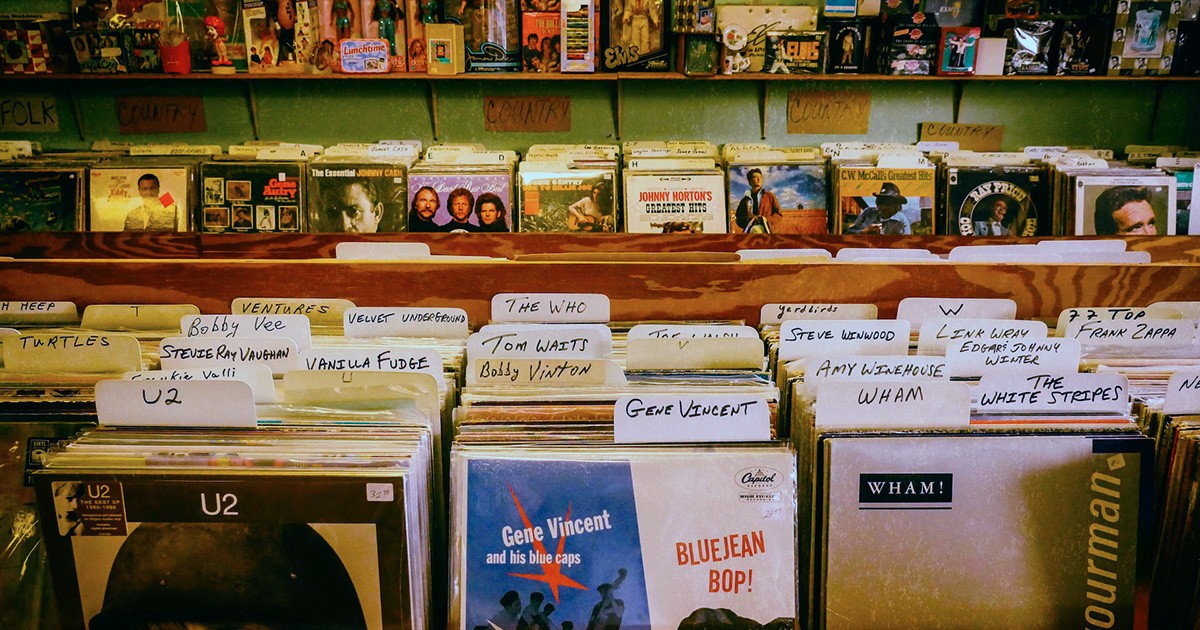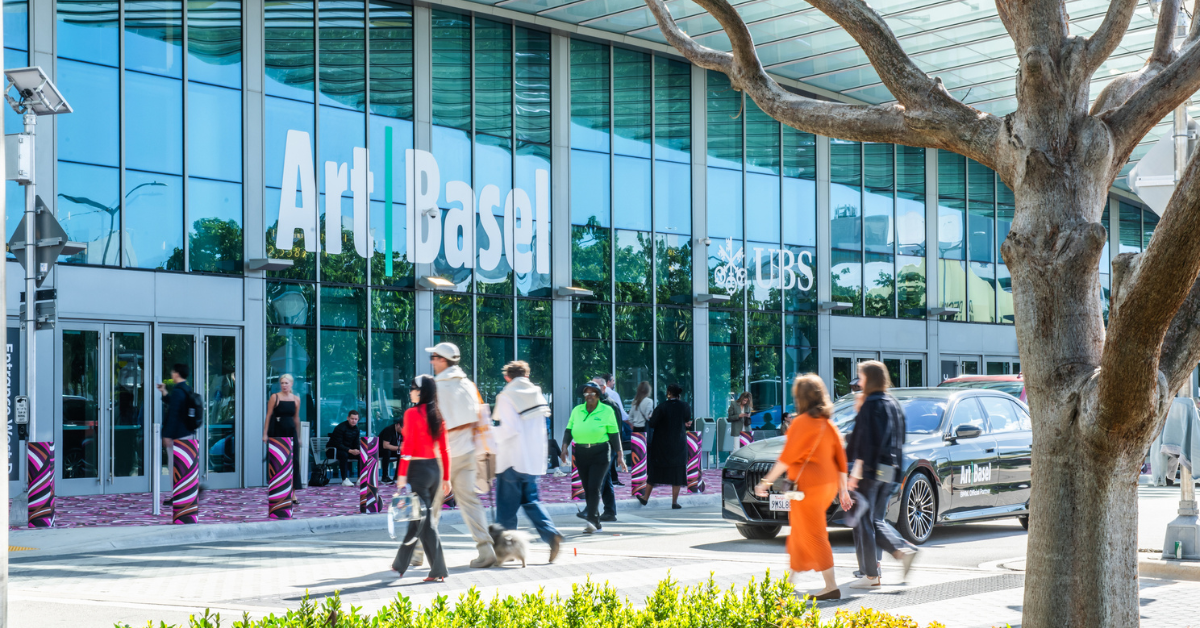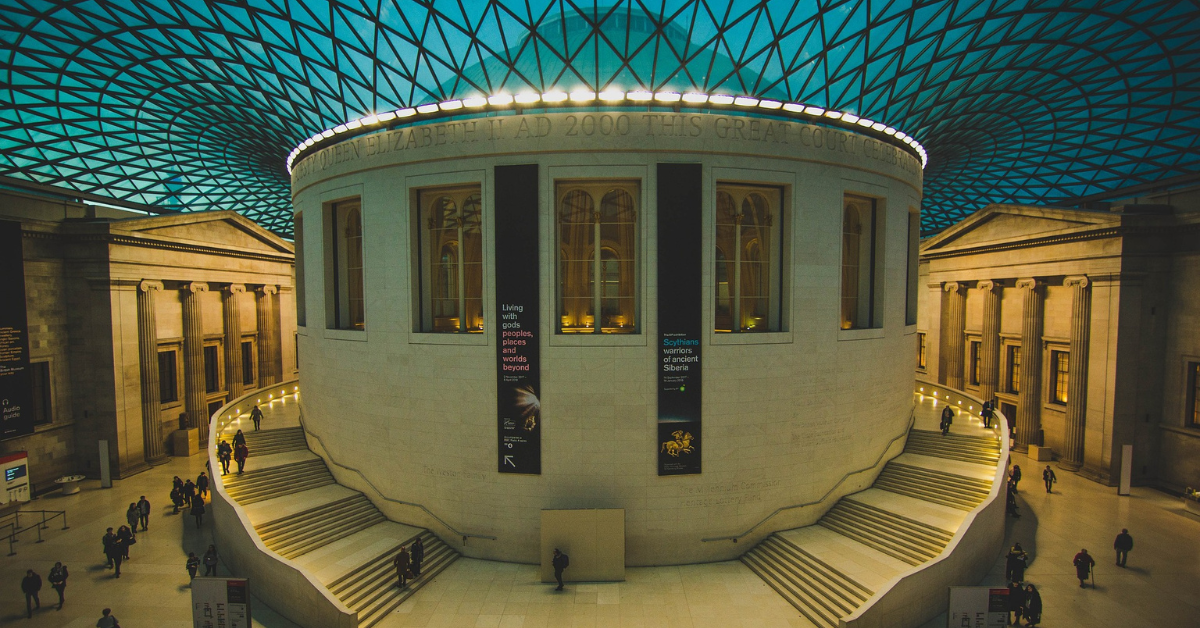
Why Music is the True Universal Language that Connects Us All
Music has a way of breaking down barriers, reaching across divides, and connecting people in ways that words alone often cannot. Unlike spoken language, music doesn’t rely on a specific vocabulary or grammar to convey its meaning. Instead, it uses rhythm, melody, and harmony to evoke emotions, stir memories, and create shared experiences that transcend cultural, linguistic, and social boundaries. This is why music is often called the true universal language—one that taps into our common humanity and unites us through shared rhythms and feelings.
Why Music Transcends Language Barriers
Have you ever listened to a song in a language you don’t understand, yet still felt its impact? That’s the power of music to reach across language barriers. Music speaks to our emotions directly, communicating moods and feelings that words sometimes struggle to convey. Whether it’s a soaring symphony that inspires awe or a heartfelt ballad that evokes sadness, music has the power to tell a story without needing a single word.
Research suggests that music’s structure—its tempo, pitch, and dynamics—triggers similar responses in listeners from various cultures. A Harvard study confirms that musical elements like rhythm and tonality are perceived similarly across different groups, underscoring its power to connect. When you hear a joyful melody, your brain interprets it as joyful regardless of cultural context. This universal quality is what makes music such a profound form of communication.

Music’s Emotional Impact Across Cultures
No matter where you go, music has the ability to evoke emotions that are universally understood. Studies have shown that people around the world often react similarly to certain musical tones and patterns. For instance, fast-paced music with a strong rhythm generally evokes excitement, while slower, softer tunes are often associated with sadness or reflection. This emotional resonance allows music to transcend cultural backgrounds, making it a unifying force that speaks to our shared humanity.
For example, in a global study on musical preferences, researchers found that individuals from different cultures could recognize and interpret emotions in foreign music. Joy, sadness, and calmness were common interpretations across various musical traditions, showing that certain feelings in music are universally understood, even if the language, instruments, and cultural origins differ.
The Role of Rhythm and Melody in Universal Understanding
Rhythm and melody are two of music’s most powerful tools, creating a common thread that connects listeners worldwide. Rhythm, in particular, is a deeply ingrained part of the human experience. Even babies respond to rhythm instinctively, often moving or clapping along to a beat without needing to be taught. This shared appreciation of rhythm is why people across the globe can dance to a song even if they’ve never heard it before or don’t understand the lyrics.
Melody, too, has a universal quality. Certain melodic patterns evoke consistent reactions, whether it’s the triumphant crescendo of an orchestra or the delicate notes of a lullaby. Psychologists suggest that melody taps into innate human emotions, allowing music to express joy, sorrow, tension, and relaxation in ways that transcend cultural definitions.
Music as a Bridge Across Social and Cultural Divides
Historically, music has been a powerful tool for bridging cultural divides. From large-scale events like Live Aid to local music festivals that celebrate cultural diversity, music consistently brings people together. In times of conflict, music has served as a form of protest and unity, fostering understanding and dialogue. Even today, concerts and festivals around the world bring together audiences from diverse backgrounds, united by their shared love for a particular genre or artist.
One example is the annual Fête de la Musique, or World Music Day, celebrated across cities worldwide. This event highlights music’s ability to bring communities together, regardless of language or social status, encouraging everyone to participate in the universal experience of music. In this way, music serves as a bridge, helping us understand and appreciate one another’s backgrounds.
Music’s Role in Building Empathy and Understanding
Music doesn’t just connect us—it also builds empathy. When we listen to music from other cultures or genres, we get a glimpse into the emotions, struggles, and celebrations of others. This shared experience fosters empathy, allowing us to feel connected to people we may never meet. Research has shown that music activates parts of the brain linked to emotional understanding and social bonding, reinforcing its role in building connections and fostering a sense of community.
For instance, listening to traditional African drumming or soulful jazz from the American South gives listeners a window into the histories and cultural stories that shaped these genres. By experiencing music’s raw emotional power, we’re able to connect with others across cultural lines, understanding their perspectives through a language beyond words.
Step Out of Your Musical Comfort Zone—Here’s Why It’s So Rewarding
Venturing into new musical genres might feel like a leap, but it’s one that’s scientifically rewarding. Trying out unfamiliar music—whether it’s Afrobeat, K-pop, or jazz—stimulates your brain’s reward pathways, triggering the release of dopamine, the same “feel-good” chemical linked to pleasure and motivation. This dopamine release helps us feel excitement and satisfaction from new experiences, giving a powerful, positive boost every time we explore fresh sounds.
Exploring different musical styles also expands our empathy and social connections. When we listen to new music, we’re exposed to new rhythms, instruments, and emotions that activate the mirror neuron system in our brain. This system lets us "mirror" others' actions and feelings, making us more open to different perspectives and increasing our sense of connection with others. So, stepping outside your usual playlist isn’t just a way to add variety; it’s a path to a deeper understanding of different cultures and communities.
Lastly, breaking out of your comfort zone enhances your brain’s neuroplasticity—the ability to form new neural connections. When you engage with unfamiliar sounds, you’re training your brain to be more adaptable and open, a skill that goes far beyond music and benefits all areas of life. So, by exploring new music, you’re doing more than just changing the beat; you’re enriching your mind and building stronger social bonds, one song at a time.
Conclusion: The Universal Power of Music
Music is more than sound; it is a universal language that transcends borders and beliefs, connecting us at the core of our shared humanity. This remarkable force taps into emotions words cannot capture, bridging cultural divides and uniting people in moments of profound understanding and empathy. By embracing the diversity of music, we open ourselves to shared experiences that connect us beyond language, reminding us of our common journey.




